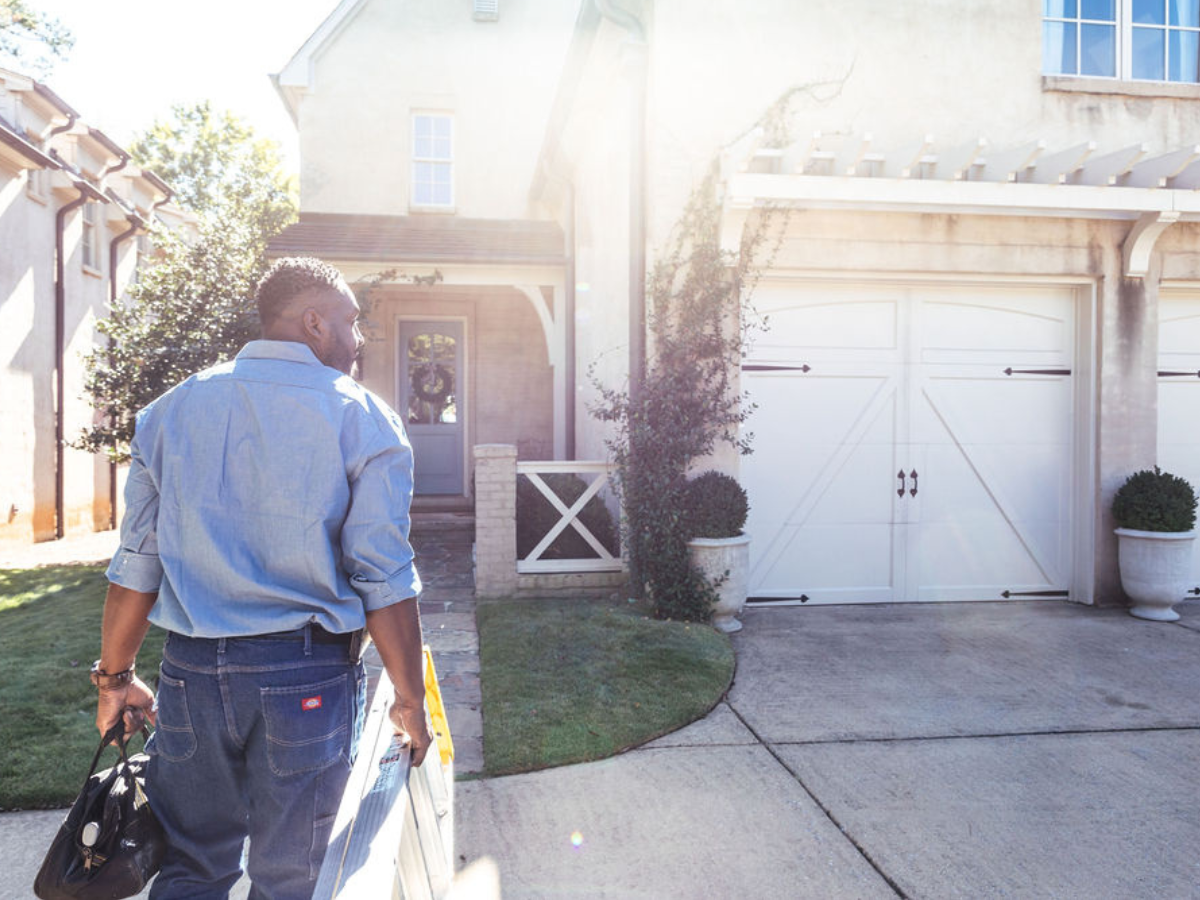This article aims to address the common fear among Williamsburg landlords concerning potential property damage due to delayed or inadequate maintenance. It emphasizes the importance of timely and effective maintenance to ensure property integrity and value.
Introduction
Property owners often worry about the consequences of neglecting maintenance tasks. In this article, we will discuss the immediate and long-term impacts of delaying property maintenance and highlight the importance of implementing routine maintenance practices.
Section 1: The Consequences of Neglecting Property Maintenance
Property maintenance is a crucial aspect of property ownership, which should never be overlooked. Neglecting maintenance tasks can have far-reaching consequences that go beyond just the immediate impacts. While the immediate effects of neglect can result in escalating repair costs and safety hazards, the long-term effects can be even more detrimental.
Immediate Impacts
When maintenance tasks are neglected, the costs associated with repairs can quickly escalate. Additionally, severe property damage and safety hazards may arise, endangering the well-being of tenants and further exacerbating the expenses. Timely and effective maintenance can prevent such immediate consequences.
Neglecting property maintenance can also lead to a decline in the aesthetic appeal of the property. Unsightly issues such as peeling paint, overgrown landscaping, and broken fixtures can affect the property's value and deter potential tenants or buyers. The curb appeal of the property can be preserved through regular upkeep and repairs.
Long-Term Effects
By neglecting routine maintenance, property owners risk long-term depreciation of their valuable assets. Without proper care, property components like roofing, HVAC systems, and plumbing may deteriorate more rapidly, leading to increased long-term expenses.
Neglecting maintenance can also result in legal implications for property owners when not adhering to local building codes. Failure to address maintenance issues that pose safety risks to tenants can lead to legal liabilities and potential lawsuits. Ensuring that the property is well-maintained protects the investment and safeguards the well-being of those who reside or work on the premises.
Section 2: Importance of Routine Maintenance
Maintaining a property is not just about addressing issues as they arise. It involves adopting preventive maintenance measures to avoid potential damage in the first place.
Preventive Measures
By monitoring roofing, HVAC systems, plumbing, and other critical elements, landlords can identify minor problems and address them promptly. This proactive approach prevents major damage and preserves the integrity of the property.
Cost Benefits
While routine maintenance does require an upfront investment, it is undoubtedly more cost-effective compared to the exorbitant costs associated with major repairs resulting from neglect. By preventing significant property damage, landlords can save significantly in the long run.
Section 3: Strategies for Effective Maintenance Management
Effectively managing property maintenance requires adopting certain strategies and practices.
Regular Inspections
Regular inspections are integral to proactive maintenance management. Landlords should establish a schedule for inspecting different aspects of the property, such as electrical systems, plumbing, and structural integrity. By adhering to a structured inspection routine, potential issues can be identified early on and addressed promptly.
Maintenance Checklist
Creating a comprehensive seasonal maintenance checklist can serve as a helpful guide. This checklist should outline the tasks that need to be performed regularly. It may include items like cleaning gutters, inspecting HVAC filters, and checking for signs of leaks or water damage. Adhering to a checklist ensures that essential tasks are not overlooked.
Section 4: Dealing with Unexpected Property Damage
Despite proactive maintenance efforts, unexpected property damage can still occur. Being prepared to handle these situations is crucial.
Immediate Response Plan
When unexpected damage occurs, landlords need to have a plan for swift response and containment. They should have procedures to assess the extent of the damage, mitigate any immediate risks, and initiate repairs promptly. Timely action can minimize the overall impact and prevent further damage.
Professional Assistance
In some cases, property owners may need to rely on professional assistance to address unexpected damage. Having a network of reliable contractors can expedite the repairs and ensure that the property is restored to its original condition. The expertise of professionals can also help prevent further damage and ensure quality repairs.
Section 5: Implementing a Maintenance Plan
Implementing a maintenance plan is critical to avoiding property damage due to delayed or inadequate maintenance.
Setting Up a Maintenance Schedule
Developing an effective maintenance schedule is key. This schedule should cover all critical areas of the property and outline when specific tasks need to be performed.
Communication with Residents
Effective communication and educating tenants about their responsibilities can help foster a sense of ownership and encourage them to report issues promptly. Prompt reporting allows for timely repairs and reduces the likelihood of further damage.
Section 6: Technological Tools for Maintenance Management
Advancements in technology have greatly aided property maintenance management.
Maintenance Management Software
Maintenance management software provides property owners with tools to track maintenance tasks, schedule repairs, and document related expenses. These software options streamline the maintenance process, ensuring that tasks are not overlooked and reducing the risk of errors.
Benefits of Technology Integration
Integrating technology into maintenance management can save time, increase efficiency, and improve productivity. By utilizing tech tools, landlords can increase their ability to address maintenance needs effectively.
Conclusion
In conclusion, addressing the fear of property damage due to delayed or inadequate maintenance is crucial for Williamsburg landlords. By understanding the consequences of neglecting property maintenance, implementing routine maintenance, developing effective management strategies, and leveraging technological tools, landlords can mitigate risks, preserve property value, and ensure the longevity of their investments.
And don’t worry. If the above seems like all too much, you can always outsource maintenance and repairs to a professional property management company. Reach out to our local team today!


